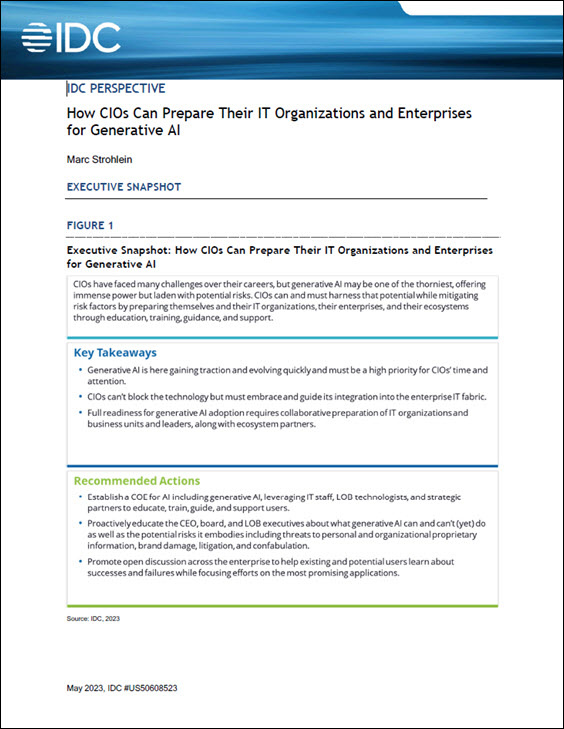 Medial EarlySign, a developer of machine learning tools for data-driven medicine, announced the results of its clinical data study on identifying and stratifying prediabetic patients at high risk for progressing to diabetes within one year.
Medial EarlySign, a developer of machine learning tools for data-driven medicine, announced the results of its clinical data study on identifying and stratifying prediabetic patients at high risk for progressing to diabetes within one year.
This research has been completed at a period with no existing standards to identify prediabetic patients at risk of progressing to diabetes within a given timeframe, and offers care managers new opportunities to allocate diabetes prevention-focused resources and plan for care accordingly.
The study, based on a database of 645,000 prediabetics, found that by isolating less than 20% of the prediabetic population, EarlySign’s artificial intelligence (AI)-based algorithm platform successfully identified 64% of patients who became diabetic within 12 months. The algorithm utilizes more than 25 parameters derived from routine medical data stored in Electronic Health Records (EHR). It also ranks the 20% based on risk prioritization.
Our work is the first of its kind, offering a potential for preventative care in delaying or preventing a high-risk population of prediabetics from becoming diabetic within a 12-month timeframe,” said Ori Geva, CEO of Medial EarlySign. “By isolating just 20% of a prediabetic population, we can help healthcare organizations place a spotlight over a small subset of individuals where intervention could be of the most use. In addition, by risk stratifying this subset of individuals, we can help these organizations allocate their resources to those who are most in need of care.”
More than one-third of adults in the U.S. are currently prediabetic. Additionally, the world spent $825 billion to treat diabetes and diabetic complications in 2016 alone.
Medial EarlySign is currently developing a number of AlgoMarkers™, which are clinical-risk predictors designed to flag patients with a high probability for either harboring or developing specific illnesses. Using machine learning-based AI, each condition-specific AlgoMarker™ analyzes routine EHR data, and delivers patient risk assessment scores for healthcare professionals. This information can help healthcare organizations target care as early as possible by identifying and stratifying which of their patients are at greatest risk.
This prediabetes research follows successful clinical implementation of Medial EarlySign’s solution to identify patients at high risk of harboring lower GI Disorders, as well as research conducted in the U.S., EU and Israel by Kaiser Permanente, Oxford University and Maccabi Healthcare Services. Medial EarlySign’s solutions have been validated on clinical data of more than 3.5 million people.
Medial EarlySign’s research and development work will also address diabetes-related complications, including diabetic nephropathy and cardiovascular disease.
Sign up for the free insideAI News newsletter.



